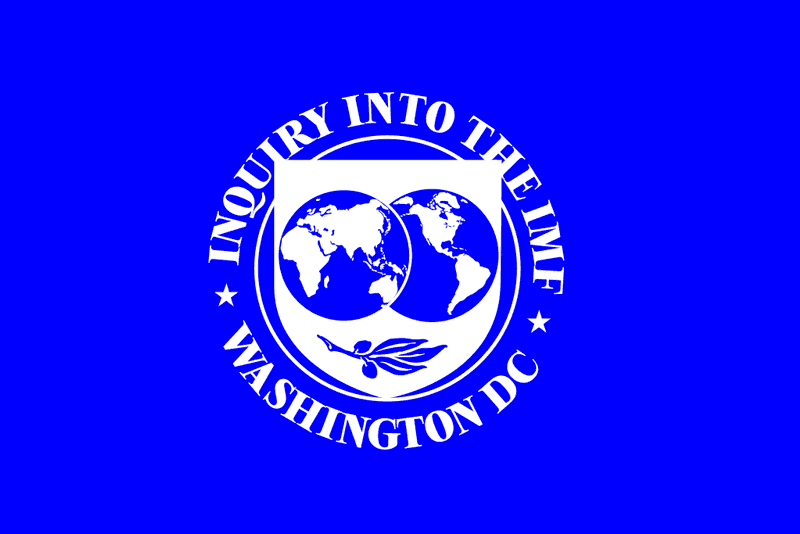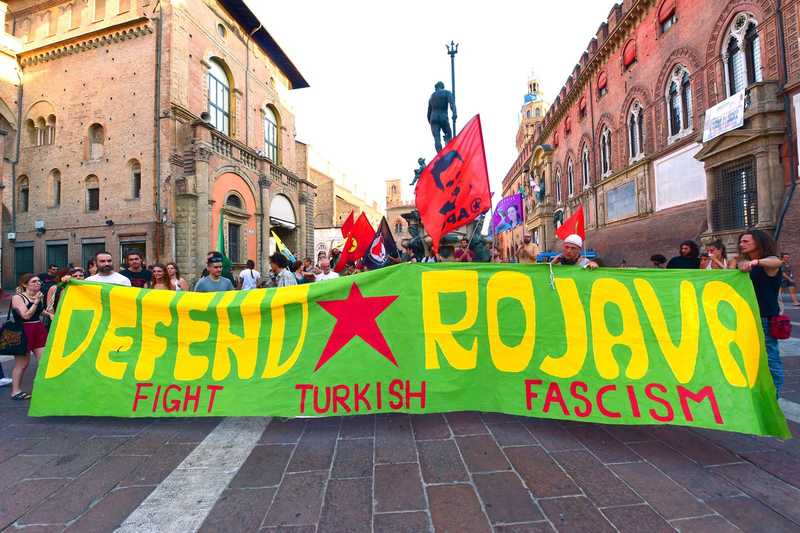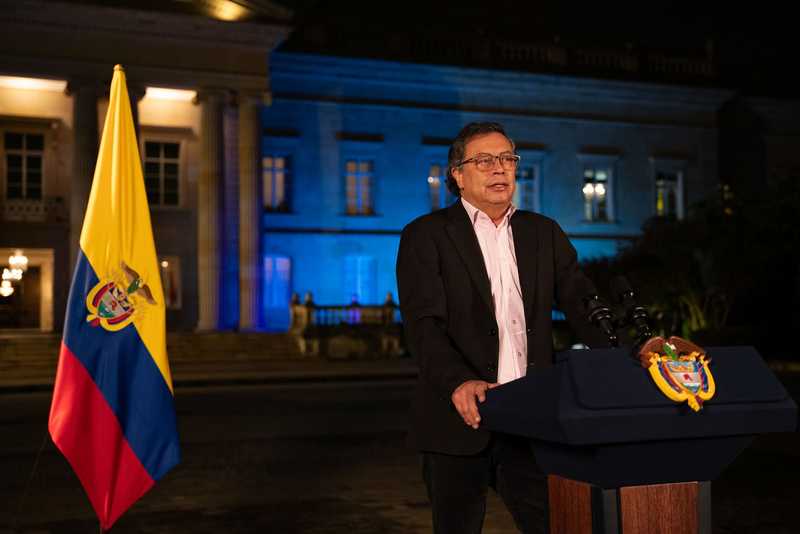
On Thursday 14 April, the Progressive International held an Inquiry into the IMF that heard evidence from lawyers, experts and parliamentarians from nine countries (full list of inquiry members available here) of “illegality, impunity and disregard for human rights.” These abuses include “violations of the IMF mandate”.
The inquiry called for urgent and immediate accountability for the IMF as a public institution managing public funds supposedly for public benefit. Four separate paths to greater accountability were proposed.
Take the IMF to the International Court of Justice
- Fernanda Vallejos proposed that “in accordance with the Charter of the United Nations, the International Court of Justice is the appropriate forum to demand the justice that our people deserve. The request for an Advisory Opinion seeks to demonstrate that the IMF violated its rules by failing to comply with Articles I, V and VI of its Articles of Agreement and, therefore, committed acts that are considered unlawful under international law.”
- Vallejos saw this path as allowing not only her country of Argentina “reclaim its sovereignty, but would pave the way for other nations to stop being victims as well.”
Recognise IMF loans as “agreements” in international law
- Andres Arauz proposed that the IMF sign and follow the 1989 Vienna Convention on Treaties between Sovereign Governments and International Organizations, so that the agreements that are signed between any country and the IMF can be both scrutinised in national legislatures and international courts of law.
Bring the IMF under the UN’s Economic and Social Council
- Juan Pablo Bohoslavsky proposed placing the IMF under the jurisdiction of the UN’s “Economic and Social Council (ECOSOC) on the basis that the IMF is formally and legally part of the UN system and therefore could be made accountable to it.
National-level litigation
- Francisco Verbic urged the inquiry to include strategic national litigation in the struggle of IMF accountability. Verbic argued that national-level cases have the benefit of demanding accountability from national public officers, frame the case in upholding national law and could support countries negotiating positions in future restructuring of sovereign debt. He said, “the IMF never acted alone. It always did it in partnership with national public officers.”
Varsha Gandikota-Nellutla, who chaired the Inquiry session, said:
“I want to be very clear about why we convened this inquiry: What is taking place is not an accident, it is not chance policy failure or ineffectiveness. The IMF is a public institution that lends public money with a mandate to serve public purpose — but it answers to no one. There is currently no authority anywhere in the world that holds the IMF accountable for its actions.”
You can watch the full session of the Inquiry here.
ENDS
For further information please contact: [email protected] or +1 475 201 8995




